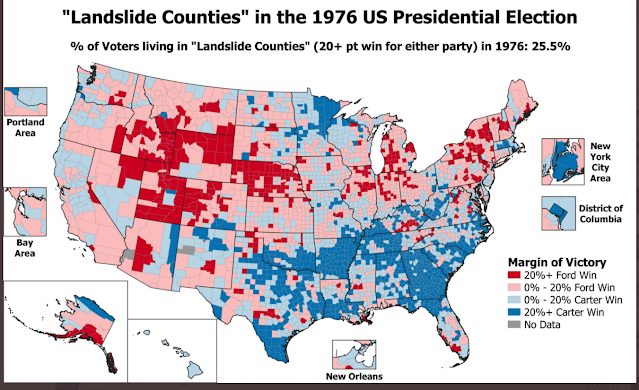Final exam is Tuesday, in this classroom, 9-noon.
A former Trump aide reviews Texas v. California:
The spirit of the Alamo still burns in Texans, in a way that, one hopes, the Spirit of ’76 still burns in American hearts. There may come a point when Texans stop simply wishing California would buzz off and mind its own business. If the Lone Star way of life is to survive, Texans must fight for it. Then we shall see whether California’s long experiment with postmodern deracination and anti-masculinity can stand up to Texas’s more robust embrace of the old virtues.
I’m not a betting man, but were that conflict to erupt, my money would be on Texas..
There is actually some support for Texas secession -- or "Texit."
There was also a CalExit campaign -- also with roots in Russia.
And some are even talking about a "national divorce."
The Founders rejected the idea of multiple confederacies.
The Constitution provides, and all the States have accepted the provision, that "the United States shall guarantee to every State in this Union a republican form of government." But if a State may lawfully go out of the Union, having done so it may also discard the republican form of government; so that to prevent its going out is an indispensable means to the end of maintaining the guaranty mentioned; and when an end is lawful and obligatory the indispensable means to it are also lawful and obligatory.
And next year comes the 250th anniversary of the Declaration
Saving Private Ryan (start at 6;00) and the actual Lincoln letter






